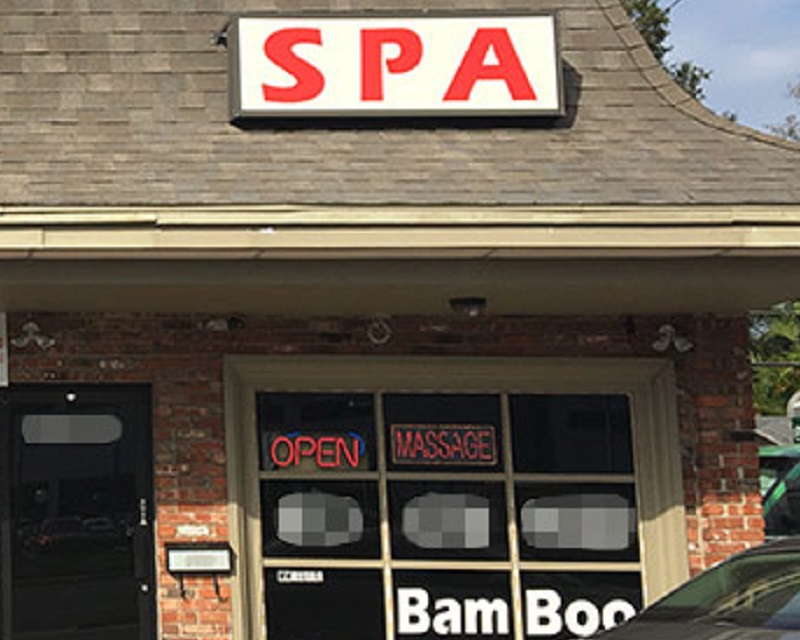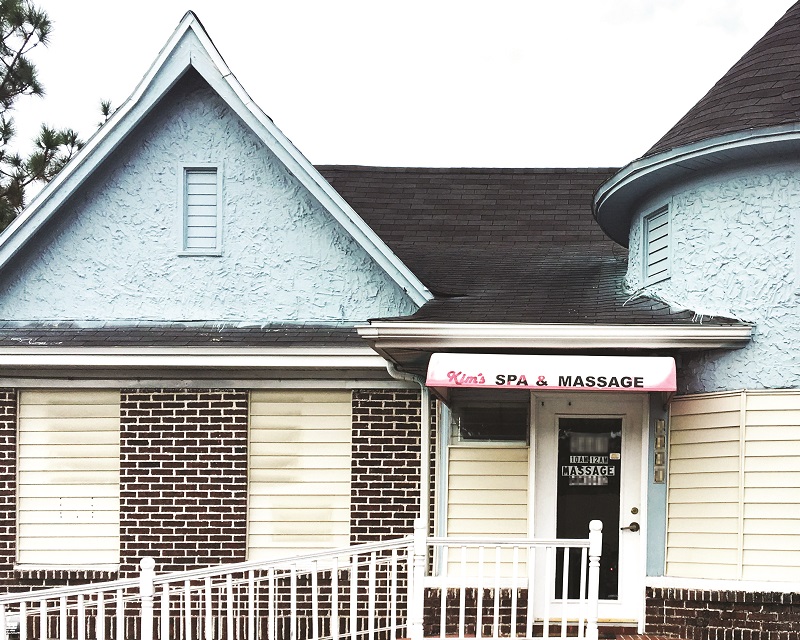
Illicit Massage Businesses. You’ve seen them. You’ve heard the whispers. “That place does sketchy business,” or, “that place provides specials with massage.” Jokes about happy endings and willing, eager women are pervasive in television, movies, and comedy. But these jokes can cover a dark reality of trauma, assault, and even human trafficking.
Hidden in plain sight
Illicit massage businesses operate as if they were legitimate massage or bodywork establishments. In reality, they are often a source of human trafficking.
Open source data indicate that there are around 9,000 of these businesses operating in the U.S. Victims in these establishments are primarily controlled through debt, blackmail, and intense psychological manipulation. Almost every aspect of their life is controlled — where they live, what they eat, where they go, what they look like, and who they are allowed to talk to.
In addition to this intense level of control, many victims are not U.S. citizens, so they may have cultural and language barriers, fear law enforcement, and have no or limited knowledge of their rights, which can make it incredibly difficult for them to seek support. These women live in the shadows, unseen and unable to seek freedom.
However, the venues in which the traffickers operate are not hidden. Owners of these enterprises often work to establish themselves as much as possible as legitimate businesses. They will obtain appropriate permits and licenses, and make sure that their establishments have the appearance of a legitimate business. They frequently pay taxes and ensure that women have, or look like they have, appropriate certification.
Legitimate massage takes a stance
The victims working in these fake massage businesses are not the only ones who suffer for this crime. For many female professional massage therapists, the pretense of “happy endings” can mean that they are repeatedly subjected to requests that range from subtle to intimidation. Some massage therapists have even experienced outright assault.
In November, Polaris hosted a first-of-its-kind convening of national massage and bodywork boards and several state boards and associations. Many of them confirmed that they or their constituents had experienced some form of harassment or assault.
Successes in Texas and California
The tendency of illicit massage businesses to want to cloak their activities under the guise of a legitimate business can be very useful to cities. It means that cities can pass laws, such as requiring therapists to have hundreds of hours of practice, that help to promote massage as a profession while simultaneously reducing human trafficking in illicit operations.
Houston, Texas and Santa Clara, California recently passed new, responsive ordinances that regulate the massage industry. In Houston, the city council unanimously passed an ordinance that allows police to go after entire businesses rather than target potential victims for acts of prostitution, which is harmful and traumatic for victims and fails to stop the crime from continuing.
The county of Santa Clara recently passed an updated ordinance that ensures regulators can meet in-person with every potential massage therapist. This allows the county to make sure every person with a massage therapist license is aware of their rights and freedoms under the law. Polaris is proud to have supported both of these efforts.
What Can I Do?
The biggest thing you can do is speak the truth. Whenever you hear someone make a joke about happy endings, massage specials, or massage in general, let them know about the grim reality behind the humor. One of the reasons illicit massage businesses have been able to operate for so long is that they are hidden in plain sight. Speaking up and speaking out means that we can start to shine a light on this issue.


